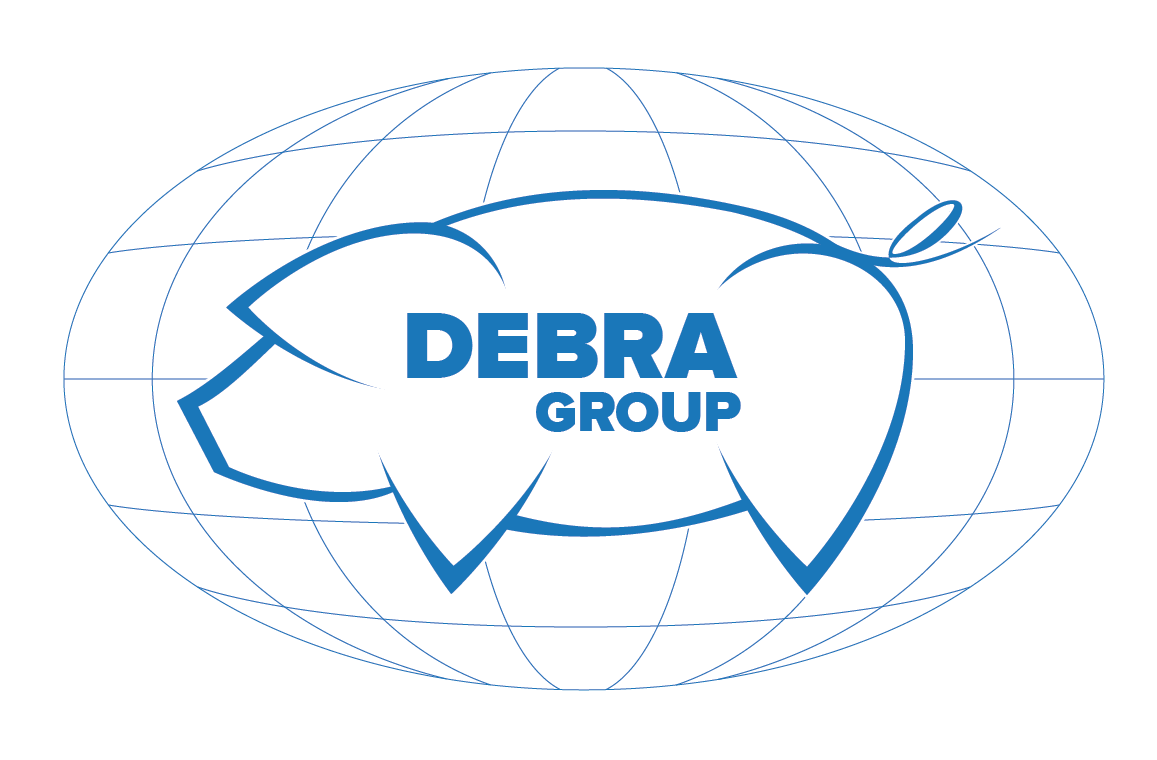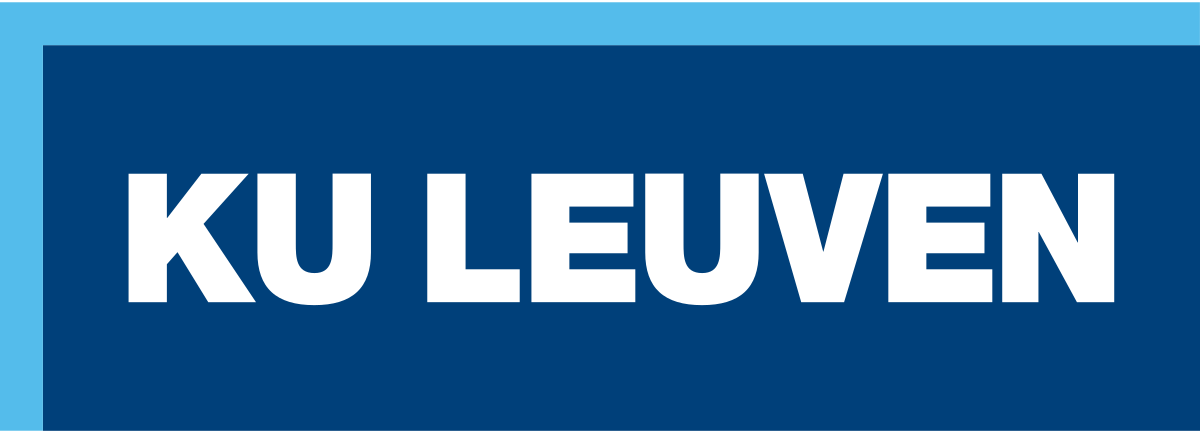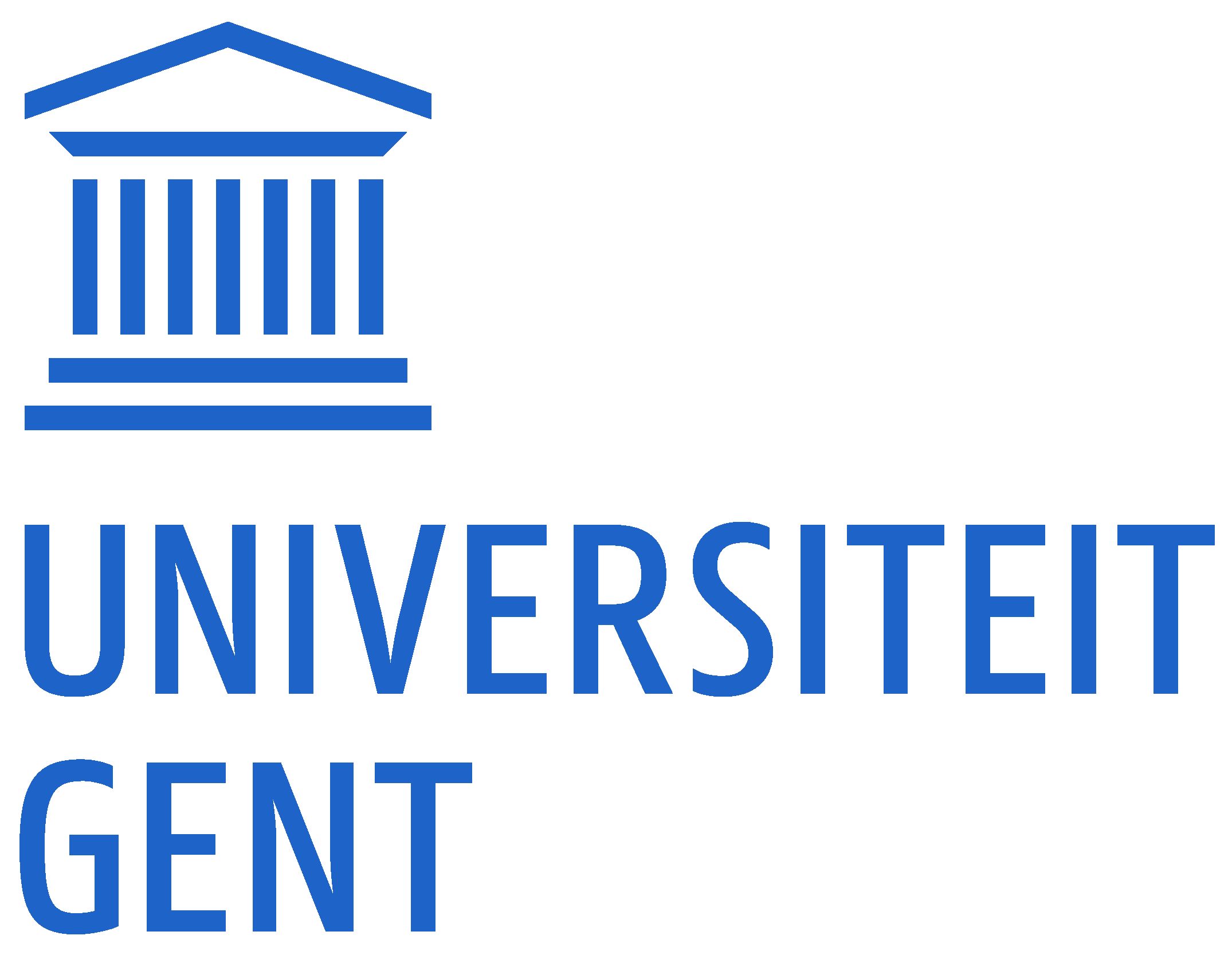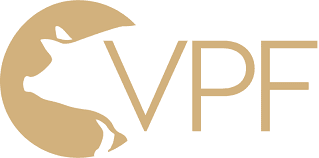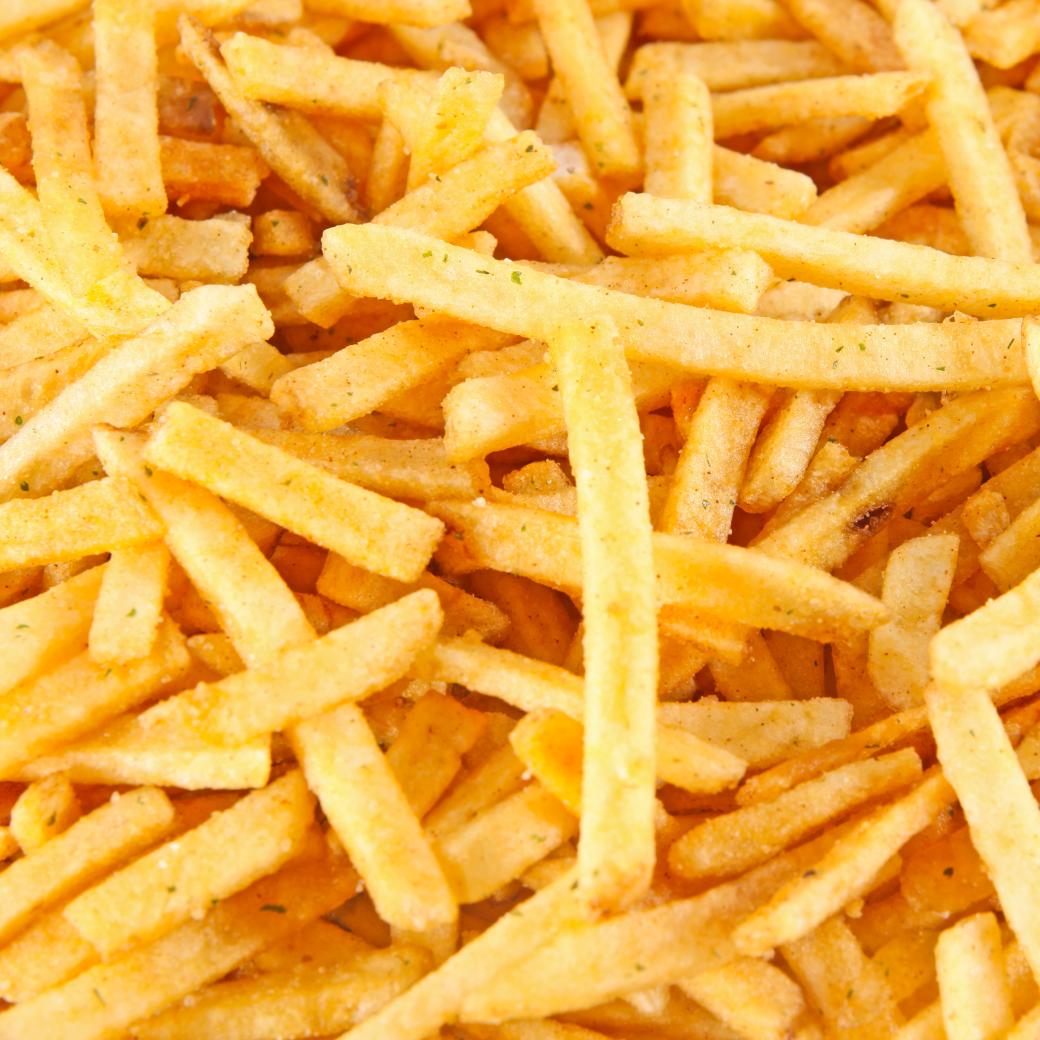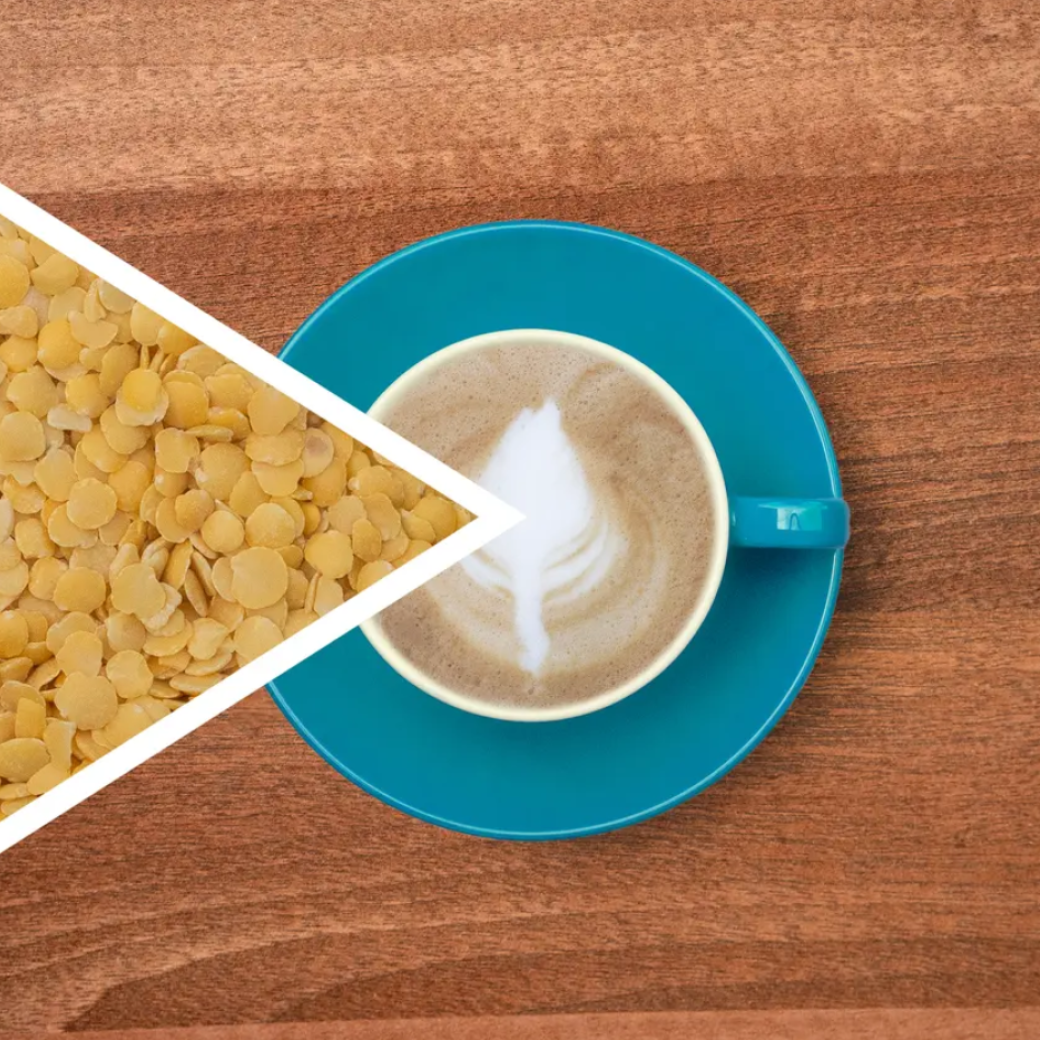Future Flemish Pig
With support of:

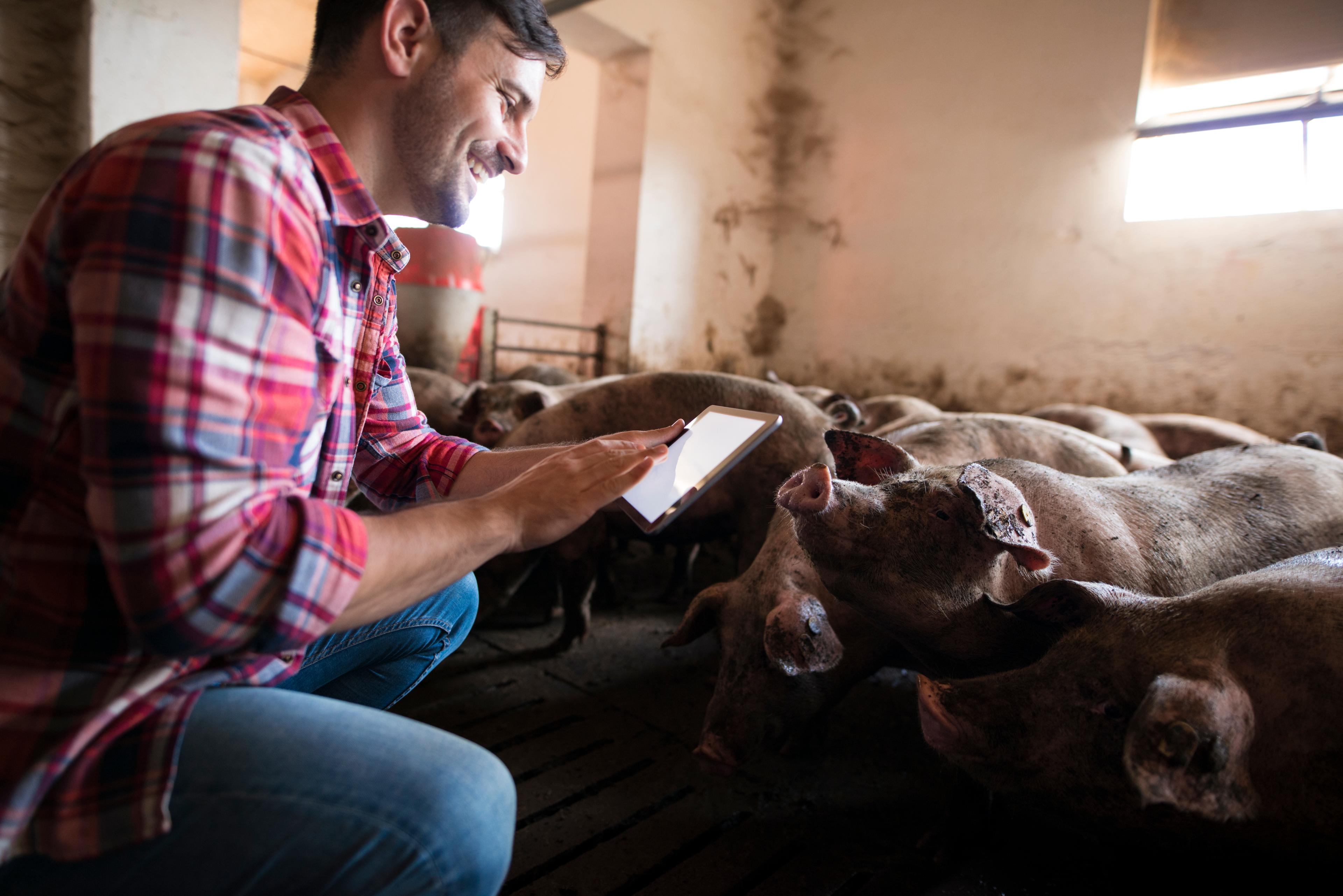
Multidisciplinary innovation and chain cooperation for pork production and products that meet changing consumer demands
Why this project?
The Flanders pork processing chain is firmly rooted in tradition and homegrown ‘know-how’, from genetics to pork and processed meats production. Together, they generate significant economic added value. However, generally speaking, independent players in the chain maintain a customer/supplier relationship, where each party optimises according to their own needs. Cross-chain collaboration on products, processes or services remains fairly limited, which means the links at the beginning of the chain risk evolving separately from those at the end. As the sector transitions to more sustainable production, the need for a cross-chain approach becomes even more pressing. While sustainability touches on several aspects – not all of which can be tackled all at once – animal welfare is high on the agenda, and the feed-food competition is the issue of the future. Reducing meat consumption is also a trend that coincides with a demand for higher quality on the exceptional occasions when meat is still on the menu.
These various challenges require a multidisciplinary approach, collective research efforts, information exchange between actors in the chain, and the development of custom coordinated innovations. This kind of cooperation will open up opportunities for raw material-based product developments and enable us to do a better job of meeting the future needs of retail and the meat processing industry.
Research approach and expected results
Future Flemish Pig is a collaborative business project (ICON type) in which various businesses from the chain partner up with a variety of research institutions to achieve a common goal.
This project aims to combine and coordinate genetics, animal feed, slaughter and processing innovations in Piétrain crossbreeds to provide solutions to the diverse and interrelated challenges of the pig production and processing chain in Flanders. This involves finding out how data sharing can be implemented through innovative federated blockchain technology (a decentralised system managed by a networking consortium). Moreover, a multidisciplinary research approach will help identify insights that can contribute to the role of pork production in circular agro-food systems in the long run.
The project specifically aims to 1/ develop strategies to improve animal welfare, 2/ reduce losses, both at the animal level (pre-slaughter) and at the carcass level (post-slaughter), 3/ improve the taste and quality of fresh pork and dry-cured ham to a level perceptible by the consumer, 4/ obtain new mechanistic insights into the resilience of pigs sired by a Piétrain in relation to major feed fluctuations, especially where the feed is primarily composed of variable and fibre-rich by-product ingredients (feed resilience), 5/ unlock the potential of blockchain technology in the pig production and processing chain due to greater transparency and automated traceability.
Project partners
The project is being developed by a consortium of companies and research partners:
Bivit, Debra Group, Dekeyzer-Ossaer, Flanders’ FOOD, Howest campus Brugge (Applied Computer Science), ILVO (Eenheid Dier),
KU Leuven (Onderzoeksgroep Livestock Genetics), Universiteit Gent (Laboratorium voor Diervoeding en Kwaliteit van Dierlijke Producten (LANUPRO)), Vlaamse Piétrain Fokkerij, Vleeswaren Corma
Contact

From apple tree to innovation: meet B3ET

Sustainable animal feed from sweetcorn cobs: meet Trotec

